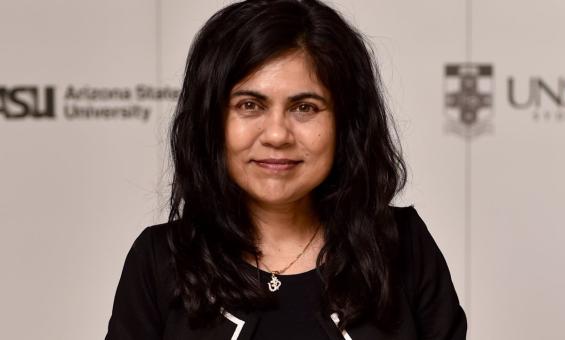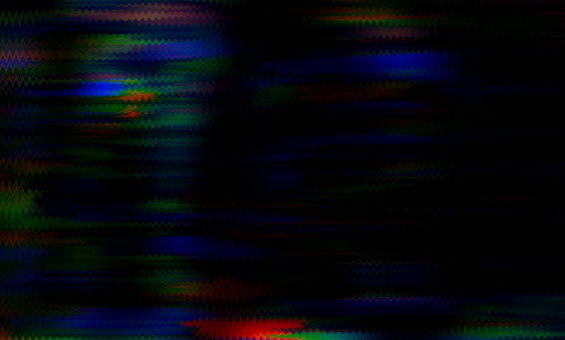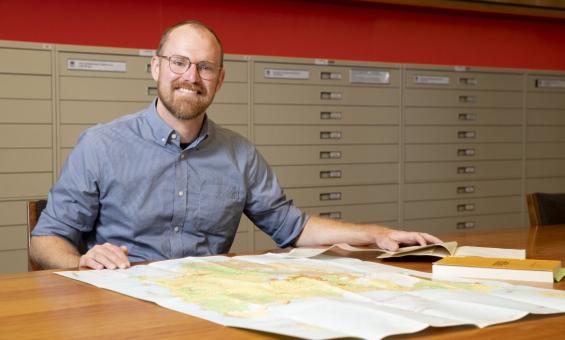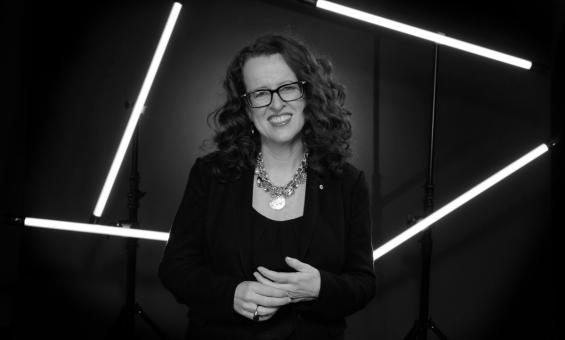Science and technology
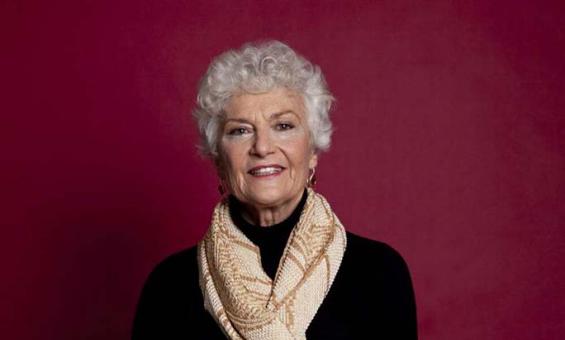
Philip Gostelow, Professor Fiona Stanley at the Telethon Institute for Child Health Research, Subiaco, Perth, 21 August 2013, 2013, nla.gov.au/nla.obj-153312966
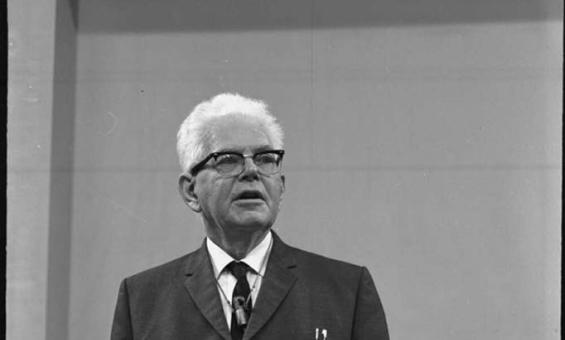
John Aloysius Mulligan, Sir Mark Oliphant lecturing at the University of Sydney, 1 September 1970, 1970, nla.gov.au/nla.obj-145323842
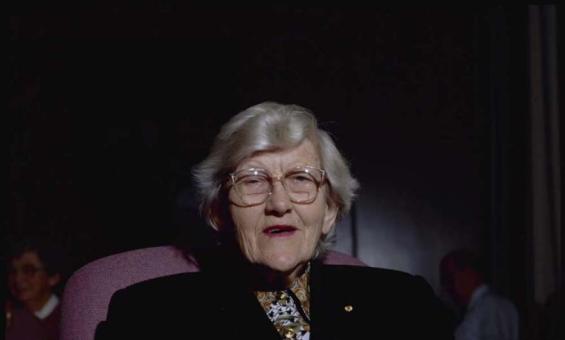
Damian McDonald, Portrait of Nancy Millis, 1999, nla.gov.au/nla.obj-144499251
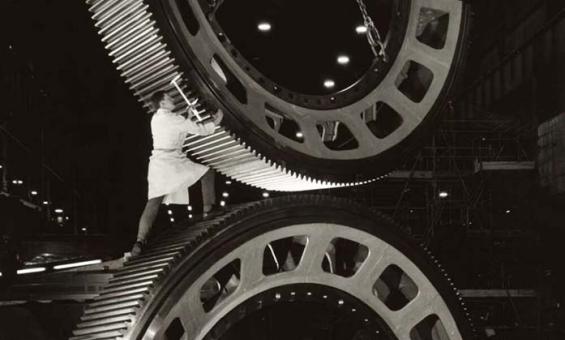
Wolfgang Sievers, The gears gears for the mining industry, Vickers Ruwolt, Burnley, Melbourne, 1967, nla.gov.au/nla.obj-136505226
Honeysuckle Creek Tracking Station, 1969, trove.nla.gov.au/work/231236532

Stewart McCrae, "Of course, in the matter of uranium, it's a case of the atom splitting people!" [Nuclear physicist giving a lecture on the uranium atom], 1963, nla.gov.au/nla.obj-145842939
